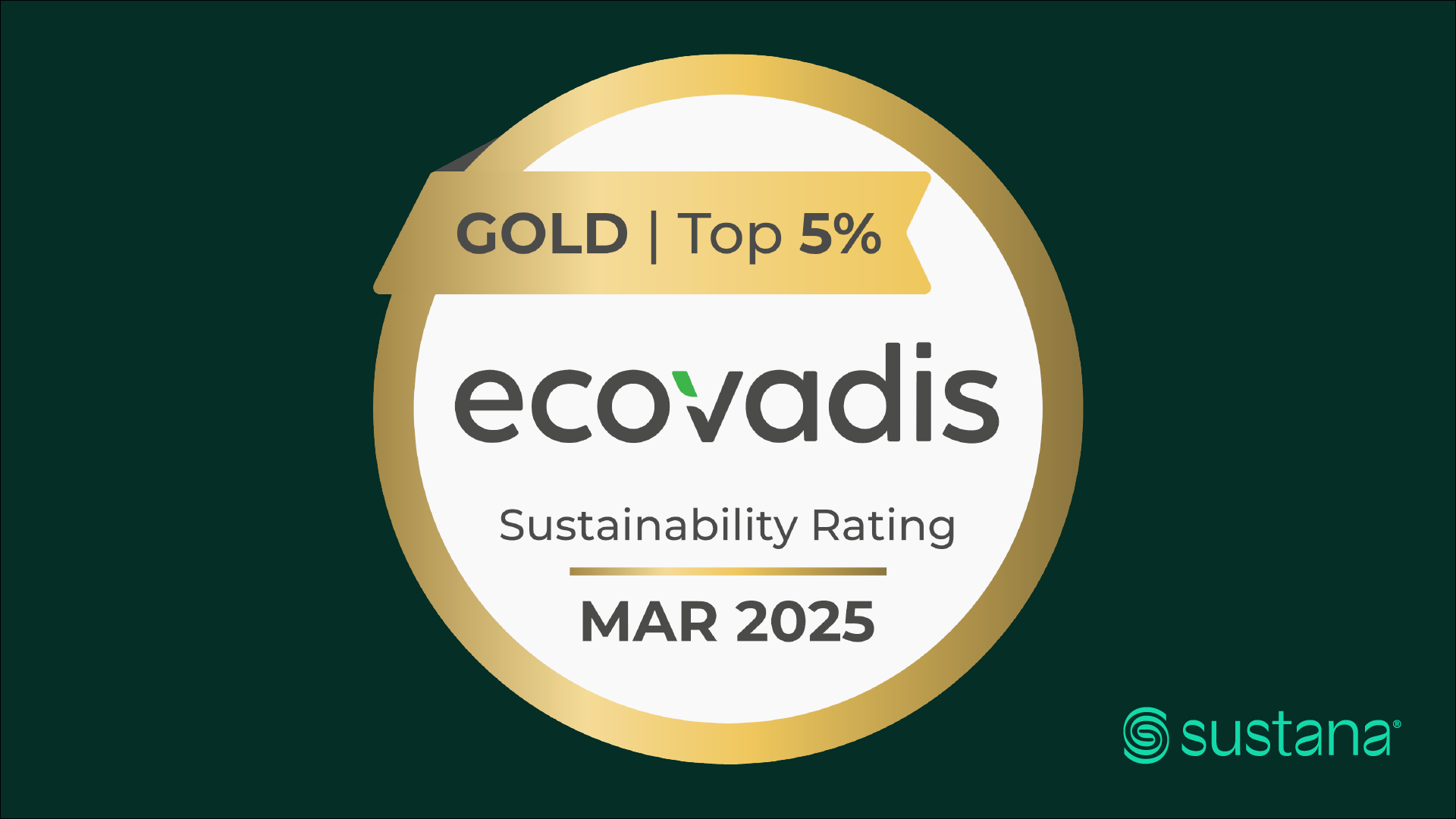In our “Conversations with Green Champions,” Rolland President Philip Rundle speaks with sustainability-minded organizations about their approach to environmental responsibility.
LUSH – the inventor, manufacturer and retailer of fresh, handmade cosmetics – sees sustainability as “giving back more to the planet than we are taking or consuming.”
LUSH North America’s Katrina Shum, Sustainability Officer, and Karen Moll, Ethical Buyer, speak on subjects ranging from developing strategy to developing products, and from ethical campaigning to ethical buying.
LUSH achievements
- From a single store in England in 1995, LUSH has grown to some 900 stores worldwide, 250 of them in North America.
- Manufacturing facilities are located in the United Kingdom, Australia, Croatia, Germany, Japan and North America.
- LUSH has a tradition of innovations which have reduced environmental impact, like solid shampoo bars, which eliminate the need for bottles and packaging.
How does LUSH make sustainability a priority, company-wide?
KS: Our senior leadership team has defined our overall strategic goals over the next three years, and we were thrilled to see that environmental sustainability is one of our five pillars. This is integrated into the planning and budgeting process at a department level.
All LUSH teams across the business work on plans that demonstrate how their initiatives line up with the five strategic pillars – including sustainability.
How did LUSH come up with the idea for naked packaging, that eliminates so much waste?
KS: It goes back to the original vision for LUSH, to be like a cheese shop or a deli, with everything on display so you cut off what you need with minimal need for packaging. Our founders had the idea that less packaging is more.
KM: Toothy Tabs and Tooth Powder are newer products in the same spirit – no toothpaste tubes go to landfill and the packaging is recycled, recyclable and reusable.
How do you keep innovating, when you launch so many new products?
KM: We launch from 50 to 200 new products a year. Our inventors really care about the environmental aspect, and always look for ways to innovate.
KS: The more we introduce new products, the more we push the boundaries: How do we get palm oil out of our soap base? How do we move toward plastic-free glitter? How do we use ingredients that are self-preserving, like honey, so we do not use synthetic preservatives?
How do you leverage your 900 stores to prompt positive change?
KS: We have been an ethical campaigning company from the beginning. We are not afraid to use our storefronts as a platform to have conversations that matter – about protecting people, animals and the planet.
These campaigns raise awareness about timely issues, like microbeads (non-biodegradable microbeads enter the food chain for marine life), or fossil fuels and climate change, or trophy hunting (against higher limits for hunting bears and wolves in BC). And the Refugees Welcome campaign raised funds to support Syrian refugees.
We just hired a full-time ethical campaigner – one of the first hires in our North American business 20 years ago – who came back to LUSH to further build out the campaigning side of our business with customers.
How does LUSH work with sustainable suppliers?
KS: Our ethical buying team is doing great work on the supply chain side – asking questions and stimulating demand for recycled materials. This includes going out and asking whether the ingredients we source rely on animal testing, which LUSH has been fighting for years.
KM: As LUSH has grown, the power of our buying dollar has grown, so we can now make a greater impact. For example, we have a mandate to buy 100% recycled paper at LUSH, and we put those dollars into North American businesses to support that industry. We are happy to see recycled paper is growing here.
We are always trying to partner with like-minded organizations that want to work with us on innovative solutions. An example is with Ocean Plastics, which recovers plastic from the ocean, and using that material in our pots. It’s a pilot program in the early phase.
What is the role of print communications at LUSH?
KS: Deciding which communications make the most sense on paper, or in an electronic format, is always a hot topic, with Karen on the paper side and me on the sustainability side.
KM: I am an ethical buyer for printing and packaging, and passionate about print communications. The starter guide for every new LUSH employee is printed on Rolland paper, and we use Rolland for campaign materials, too1. We also need paper to print the ingredient list for our naked products to meet compliance requirements, so paper has its place.
Do you see LUSH as a green champion?
KM & KS: YES! We do our best to reduce our impact on the planet – in operations, in our supply chain, and with customers.
KS: Sustainability is deeply ingrained at LUSH, and we are proud of our successes, but recognize we have opportunities to improve. One of the great things about working at LUSH is that there is no shortage of staff or customers ready to push us, saying, “why are you not doing such and such?” So, we are always looking for ways to further elevate our program.
- LUSH uses Rolland Enviro papers, which have 100% post-consumer recycled content. ↩︎


